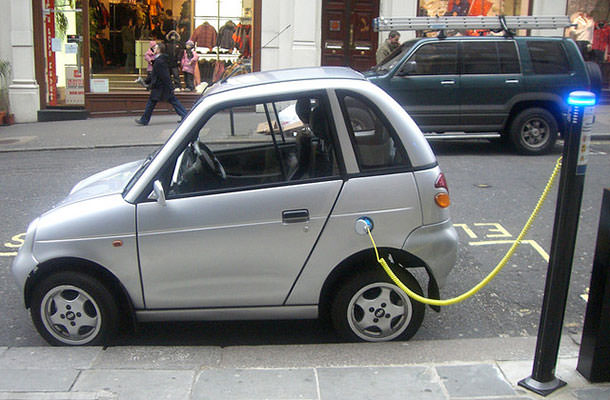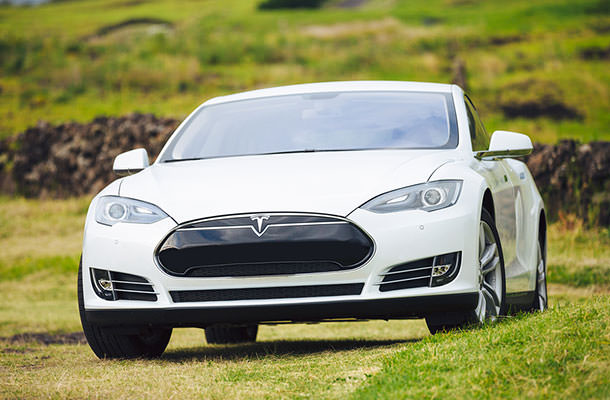Electric Cars Are Taking Over
The next decade or so of automotive technology is poised to make a long-lasting impact that will be felt for generations.
New communications capabilities and autonomous features will make cars smarter, more efficient and more self sufficient, leading to a world where cars carry more of the driving burden than humans.
Undeniable Technological Progress

One of the latest technological efforts is being directed at developing communications between electric cars and the power grid toward smarter, more efficient energy management.
Spearheaded by the Electric Power Research Institute, the collaboration includes eight of the world’s leading auto manufacturers and 15 power utilities.
While that number is a tiny fraction of the more than 1 billion total vehicles worldwide, it is double the number of PEVs from 2012, which was double the number of 2011.
If the trend continues, there will be more than 1 million plug-ins on the road by early 2016.
Plug-in vehicles are usually viewed as a positive for energy supplies, cutting reliance on dirty, imported oil in favor of electricity, which can be produced cleanly and domestically. However, the ever-growing fleet of PEVs threatens to create a ballooning power demand that places strains on the distribution system.
Over-density Getting In The Way

A 2012 report from the Deloitte Center for Energy Solutions found that utilities were more than prepared to handle a million US PEVs by 2015, from a generation and distribution standpoint. However, it also suggested that dense populations of vehicles could put stress on local infrastructure.
“To better prepare for EV electric demand, utilities are seeking notification of EV purchases in their service territories, studying the impact of EV charging on local distribution systems, performing targeted local distribution equipment upgrades, and exploring ways to influence customer charging behavior by incentivizing off-peak charging,” the report read.
The joint EPRI research announced last week looks to develop an open platform to increase that type of customer communication and cooperation. The consumer-friendly software package would find its way into plug-in vehicle telematics systems and smartphone apps, enabling the vehicles, smart grid and drivers to communicate with each other.












